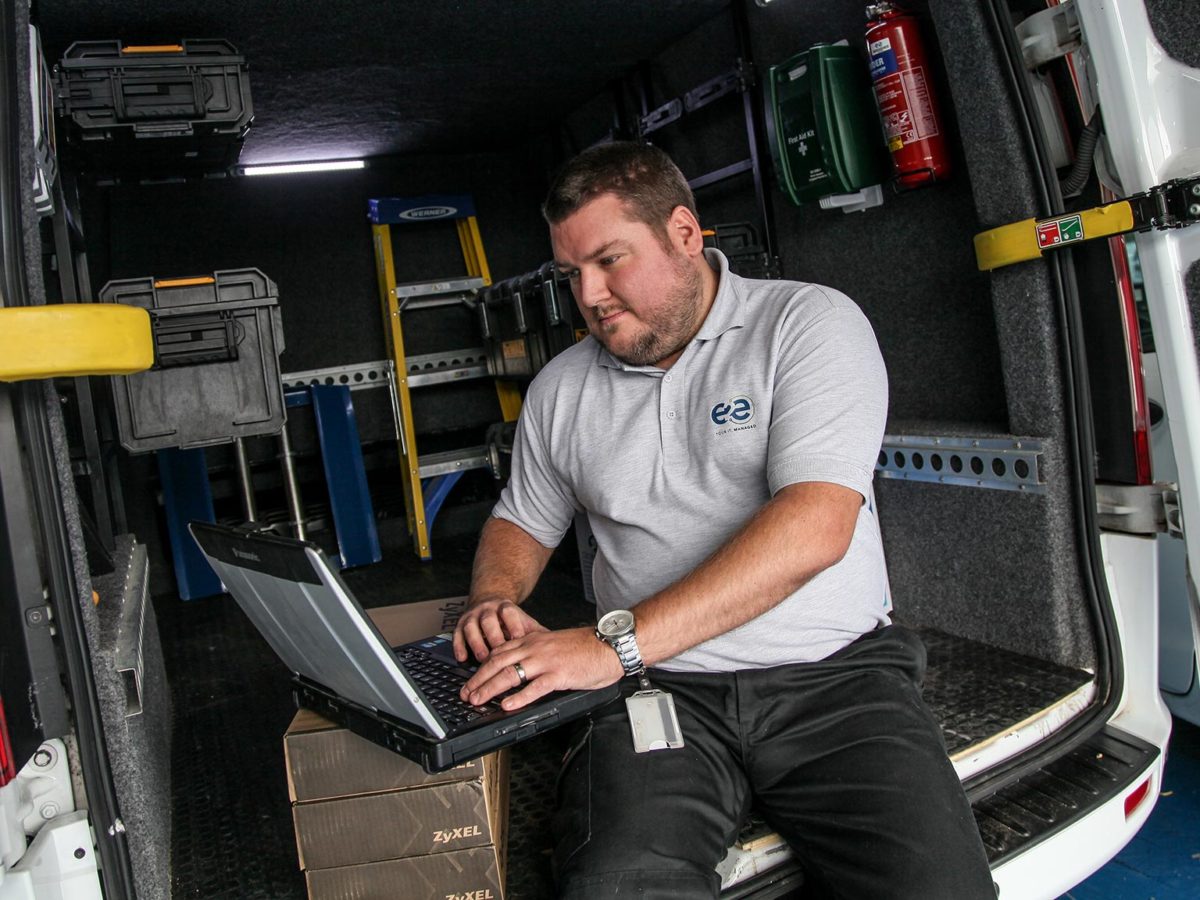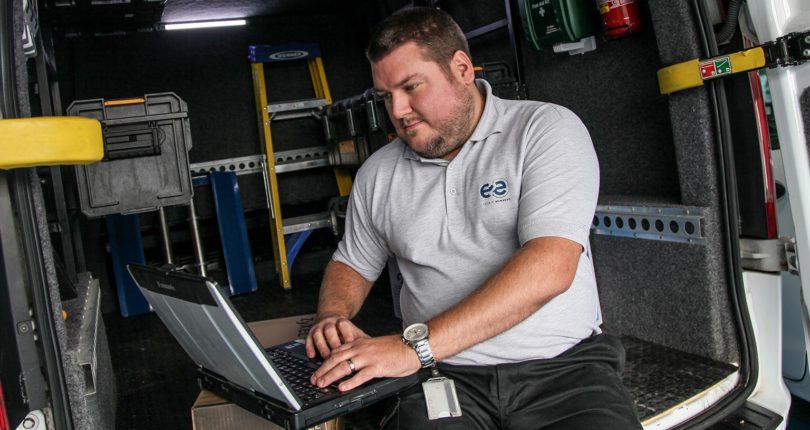Emerging IT trends and their impact on IT support
IT support is changing. This is a direct response to emerging IT trends and their rapid adoption by businesses. We examine how IT trends are influencing change in businesses and the way in which IT support providers adopt those trends in their own support processes….

How emerging IT trends are impacting businesses
Let’s begin by asking, what do businesses need from their IT infrastructure? More than ever before, responsiveness, reliability and agility are key drivers. A company’s IT infrastructure directly impacts the ability to respond quickly and effectively to daily operational and customer requirements. If IT systems don’t facilitate genuine agility in ever-changing environments, companies can no longer be reliable. While they plod on, their competitors take the initiative … and their customers.
AI (artificial intelligence) is the backbone of emerging trends that are improving the efficiency of IT infrastructures. AI runs through businesses to automate tasks, reduce repetitive work and improve data analytics, all of which can help businesses to operate more efficiently and cost-effectively.
Where might AI impact IT infrastructures most?
IT departments
AI automates IT operations through the integration of big data (that cannot be handled by traditional software), natural language processing, machine learning and analytics in a centralised platform. This automation reduces costs and allows IT teams to respond quickly and proactively to minimise disruption.
Human resources
AI is used by HR departments to automatically screen and recruit talented candidates, facilitate their onboarding and manage employee records. AI tools such as ChatGPT are used to write materials such as adverts, job descriptions and offer letters. AI technology has been adopted by many businesses to manage HR functions such as payroll, and to centralise employee data for workforce planning.
Accounting and finance
There are many repetitive tasks in accounting that AI can handle to allow teams to focus on more strategic work. It is also increasingly useful for tax audits and streamlining payroll management. In finance, AI allows for real-time data analysis and the interrogation of large data sets, processes and decision making which helps to avoid fraud and monitor compliance.
Customer service
The customer-facing operation within businesses has changed dramatically over the last decade, influenced significantly by the use of automated applications. Chatbots reduce response times by answering customer questions quickly. Through natural language processing and machine learning, chatbots provide a personalised service that can satisfy a large percentage of customer enquiries. This minimises repetitive tasks and therefore reduces costs.
Emerging trends being adopted in IT support
Cybersecurity threats
Proactive IT support teams use the most up to date technology to stay a step ahead of cyber criminals and reduce the risk of cybersecurity threats. This includes AI applications that automate the detection of threats, monitor security and prevent bots from infiltrating IT infrastructures.
Chatbots
Chatbots are being used to handle repetitive tasks that are a burden to IT support teams. They can respond to common questions with standard answers and respond to individual messages that contain specific words or phrases. Chatbots are easy to install and use.
Smart IT service desks with conversational ticketing
IT support teams are installing IT service desks that allow employees to raise IT query tickets via a chatbot that communicates between employees and other IT applications. This means that the employees don’t need to switch applications; they can continue to work while accessing the internal communications platform. IT support teams benefit from not having to manually categorise and assign tickets.
Future of work in the IT sector
AI and machine learning will feature heavily in the future of work for the IT sector. Automation and chatbots will free up IT support teams to complete more complex and higher value tasks. On the flip side, AI presents a threat to cybersecurity and data protection, so the implementation of robust systems and compliance with industry regulations will become even more important.
Continued training will be key to remain on top of emerging technologies so IT support teams must be prepared to apply themselves to learning new skills and researching emerging IT trends.
The increase in digital and automated customer-facing systems means that by providing faster responses and more agile services, IT support teams will have more influence on the service provided to customers.
Speak to E2E Technologies about managed IT support
Get in touch with our proactive, highly skilled team to find out how our IT support services will benefit your business.







